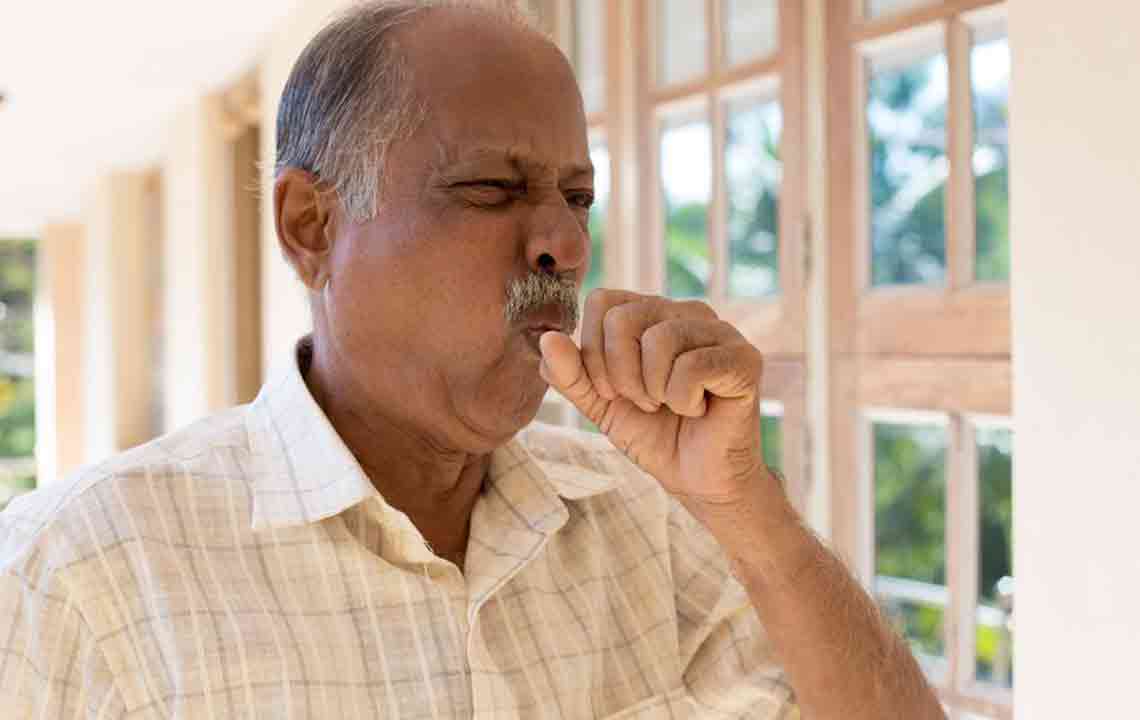Understanding Post Nasal Drip Cough and Effective Relief Methods
Learn about postnasal drip cough, its causes, symptoms, and effective remedies. This guide offers practical tips including hydration, avoiding allergens, and home treatments to alleviate persistent cough caused by mucus buildup. If symptoms continue, seek medical attention for proper diagnosis and care.

Understanding Post Nasal Drip Cough and Effective Relief Methods
The mucous membranes lining the airways, throat, nose, stomach, and intestines constantly produce mucus. The nose alone secretes about a quart daily. This mucus, a thick and moist substance, plays a vital role in trapping and destroying viruses and bacteria, preventing infections. Typically, mucus blends with saliva and is swallowed quietly, but increased production can lead to noticeable symptoms.
When excess mucus drips down the back of the nose into the throat, it results in postnasal drip. Sometimes, the issue isn't overproduction but impaired clearance, caused by aging, blockages, or gastroesophageal reflux disease. This triggers the frequent need to clear the throat and can lead to a persistent cough, especially worse at night.
The excess mucus may cause a runny nose or result in mucus collecting at the back of the throat, leading to a postnasal drip. It can also cause hoarseness, sore throat, and irritation. If mucus blocks the Eustachian tube, ear infections might develop. Recognizing and managing this condition involves lifestyle adjustments and remedies.
Effective Strategies for Relief
Ensuring proper hydration by drinking at least 12 glasses of water daily can help thin mucus. Avoid allergens like pollen, dust, pet dander, mold, and chemical fumes. Keeping a symptom journal can help identify specific triggers. Quitting smoking and avoiding secondhand smoke significantly reduce irritation and coughing. Using a humidifier in your sleeping area keeps air moist, easing symptoms.
Home Remedies and Over-the-Counter Options
Applying menthol or camphor to the chest can soothe coughing. Inhaling vapors or drinking warm teas with honey offers additional relief. Saline nasal sprays can reduce mucus production but should be used sparingly to prevent side effects. Antihistamines decrease mucus but may cause drowsiness; avoid driving after use. Oral decongestants and leukotriene receptor antagonists also help but may have side effects like increased jitteriness or blood pressure. If symptoms persist beyond two weeks, consult a healthcare professional for proper diagnosis and treatment.
Post nasal drip cough, or upper airway cough syndrome, often involves persistent nasal congestion and coughing that doesn’t easily go away. Implementing these remedies can alleviate symptoms within a couple of weeks. If not, visiting a doctor for further evaluation is recommended.










